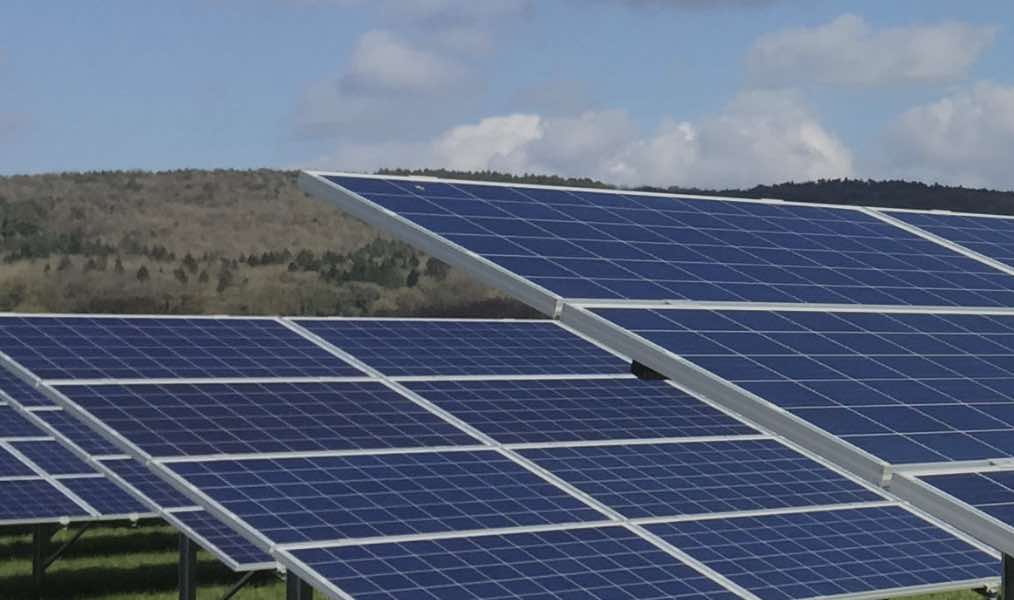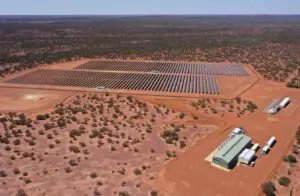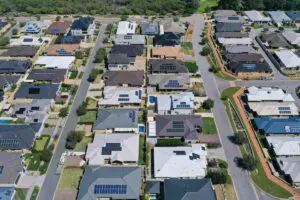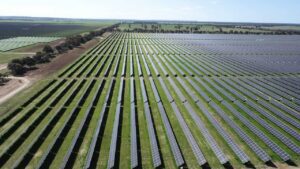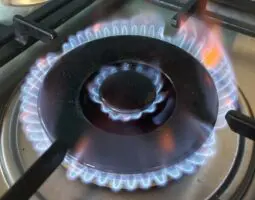Carbon Brief factchecks claims pushed by right-wing politicians and anti-solar campaigners that a major UK solar project would produce more greenhouse gases than it is able to save.
Matt Hancock, former UK minister turned TV reality show contestant – has urged the government to reject plans for a solar farm in his West Suffolk constituency. The proposed Sunnica scheme is on track to be one of the nation’s largest solar projects. When built, the developers say it would produce enough electricity to power up to 100,000 homes.
Hancock is not alone. At least 19 other UK MPs – all Conservatives – have come out against new solar farms, citing the concerns of people in their rural constituencies. The issue became a hot topic during the Conservative leadership contest last year, when both former prime minister Liz Truss and current prime minister Rishi Sunak vowed to stop farmland being used for solar power.
This is part of a wider trend of groups claiming to represent local communities pushing back against new renewable projects. Hundreds of new wind and solar projects are facing local opposition across the US, amid an organised effort by climate-sceptics.
In the UK, a group called the Solar Campaign Alliance, which stresses it is “not against renewables”, supports a network of around 100 anti-solar protest groups, including the Say No To Sunnica campaign.
One of the central points made by many of these activists is that some new solar farms are “not carbon neutral” and will “do nothing to help” the UK meet its climate goals.
This has been repeated on the campaign websites and materials distributed by those protesting the Sunnica project and other sites. Also repeating the claim, Hancock has written in the Daily Mail that Sunnica “would pump out more carbon…than it actually saved”.
These claims appear out of step with the central role solar power is expected to play in getting the UK – and the world – to net-zero.
They come from analysis commissioned by the Say No To Sunnica campaign and carried out by researchers at Cranfield University. The authors argue that the Sunnica scheme “during its lifetime would constitute a net increase in greenhouse gas emissions”, largely based on the developers underestimating its “lifecycle” emissions – including those associated with battery production and replacement.
Solar projects do not produce emissions when they generate electricity, but the manufacture of their components does as fossil fuels are used in these processes.
Despite this, experts tell Carbon Brief that the Cranfield study contains unusual methodologicalchoices. Not least, it compares the Sunnica solar farm to a scenario in which the grid decarbonises, thanks in large part to solar power.
Prof Edgar Hertwich, a researcher of resource efficiency and climate change at the Norwegian University of Science and Technology, says arguing that the new solar farm replaces renewable power is “conceptually not correct”.
A more relevant comparison would be contrasting Sunnica with a scenario in which fossil fuels continue to be used. Gas power produces more than eight times more carbon dioxide (CO2) per unit of energy throughout its lifetime than ground-mounted solar panels.
The Cranfield researchers tell Carbon Brief they agree that the comparison they make is problematic, but point out that they followed the same methodology as the one used by the Sunnica developers.
They also warn that solar developers are not sufficiently accounting for battery production emissions when making claims about their net-zero credentials, stating that Sunnica did not factor in the need to replace batteries. However, other research shows that when solar power displaces fossil fuels from the grid, its climate benefits are only “marginally affected” by adding batteries.
Ultimately, the researchers stress that their conclusions “apply to this particular scheme only”, adding that each project “needs to be assessed on its own merits”.
The Say No To Sunnica campaign did not respond to Carbon Brief’s request for comment.
First posted by Carbon Brief. Reproduced with permission.

